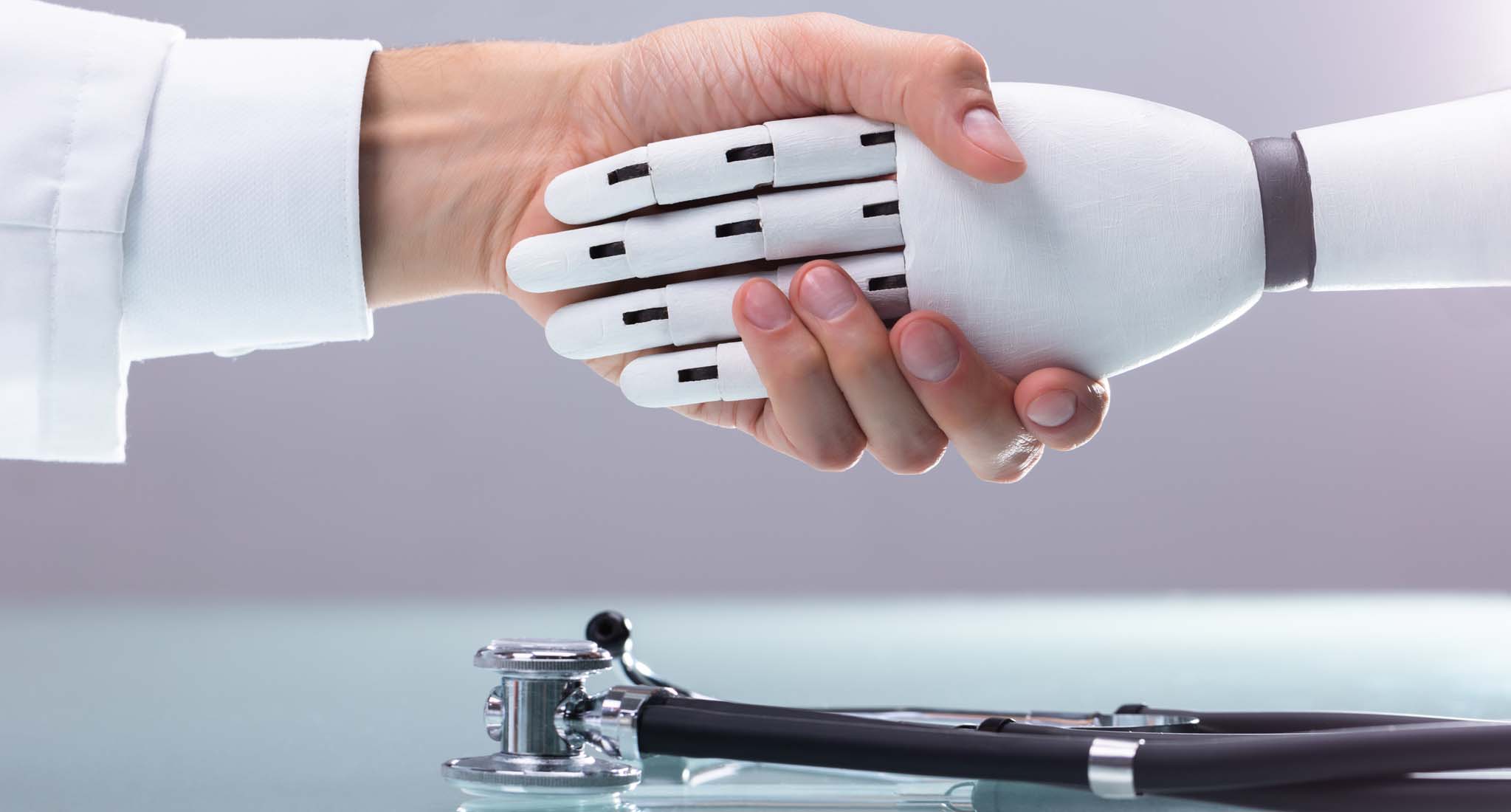There are some new superstars in Silicon Valley, doc.ai is one of them. They have created an app that uses artificial intelligence (AI) to collect your data such as “lab results, genetic tests, and exercise data, in one convenient location so you can have a more complete picture of your health than was possible before.”
If you’ve already downloaded doc.ai, you’ll see that you can join medical studies that are based on what the app deems are your biological and environmental conditions. The company states that “this new way of conducting medical research helps science create faster and more accurate insights into health conditions which in turn, provides a healthier future for generations to come.”
There is No Such Thing as Perfection
Just because an algorithm can consistently perform better than a human does not make it immune from error. IBM’s Watson, an AI marketed as a tool to fight cancer, is a prime of example of how AI is not quite perfect yet:
IBM had an excellent marketing campaign for Watson. After all, what provider doesn’t want to work with a system that’s advertised to combat one of the worst diseases known to man? But what they promised was not what was delivered. Watson failed when it attempted to prescribe a drug known to have a side effect of bleeding to a patient who had a history of severe bleeding. Watson may very well become a great aid to practitioners, but it’s not ready to be the sole panacea solution.
Watson’s creators ultimately blamed the failure on fabricated patient data which trained the algorithm. Now, had human factors experts been on the design team in the first place, this may likely not have happened. Fabricated patient data is a very common issue with AI. AI programs are comprised of algorithms (or rules). In order to learn the rules, algorithms must be given data by humans and account for every possible occurrence of rules and data. As if this wasn’t enough of a challenge, human errors or subjective (incorrect) assessments unintentionally make their way into the program. Although rule based, it is being designed by a human who carries their own biases. As a result, AI can become riddled with mistakes and unreliable. This leaves patients open to harm, and healthcare systems and AI developers open to lawsuits. No one wins… and all because of a design flaw. This is just one example in a long chain of AI issues that often plague developers.
If even IBM, a tech giant, can experience failure, it can happen to any business – large or small. Whether you’re designing an app or a way to treat the most complex diseases known to man, your end goal is to help people live better lives. With human factors experts on your team, you can increase the likelihood of success and do just that. Humans may not be ready for AI to solve all of our health problems just yet, but there is great utility and promise with this technology. Working together we will make it happen.
AI: The Answer?
So many people in the tech world are excited about the future of AI and other emerging technologies. They’re so enthusiastic, that the market is predicted to grow from the current 2.1 billion to 36.1 billion by 2025!
It’s not just about apps, either. Programmers are using AI systems for the detection of just about every type of cancer that exists. From mammograms to skin cancer screenings – studies show that algorithms are better able to detect cancer than trained professionals. And then there’s software like Google’s Inception, which is programmed with an open source algorithm that allows programmers to add information as they go. Inception can look closely into the DNA of cells and determine where mutations might happen within the genetic code. This has the potential to allow doctors to get ahead of diseases for once! Just think: We could be on the cusp of a healthcare revolution in which AI can help us live longer, healthier lives.
The Missing Piece
There’s just one (pretty big) problem: are we ready for AI to help us? Many companies developing AI systems aren’t implementing Human-Centered Design methodologies into their design processes. When implemented carefully and properly, AI can have a powerful impact on patient outcomes and the entire healthcare system. Not only can it potentially improve patient care by accelerating diagnoses and aiding with treatments, but it can also reduce costs by eliminating procedures and tests that are not necessary. But we can’t expect to snap our fingers and have technology magically work. We can’t just put a textbook on top of clinicians heads and expect them to understand and trust the technology via osmosis.
Technology can never work without humans being involved, and many companies don’t seem to realize the importance of Human-Centered Design when it comes to the success of AI systems. Human-Centered Design starts with understanding a real problem or need and then understanding and defining how technology can solve it. If designers can’t do this, then AI in healthcare will never work.


